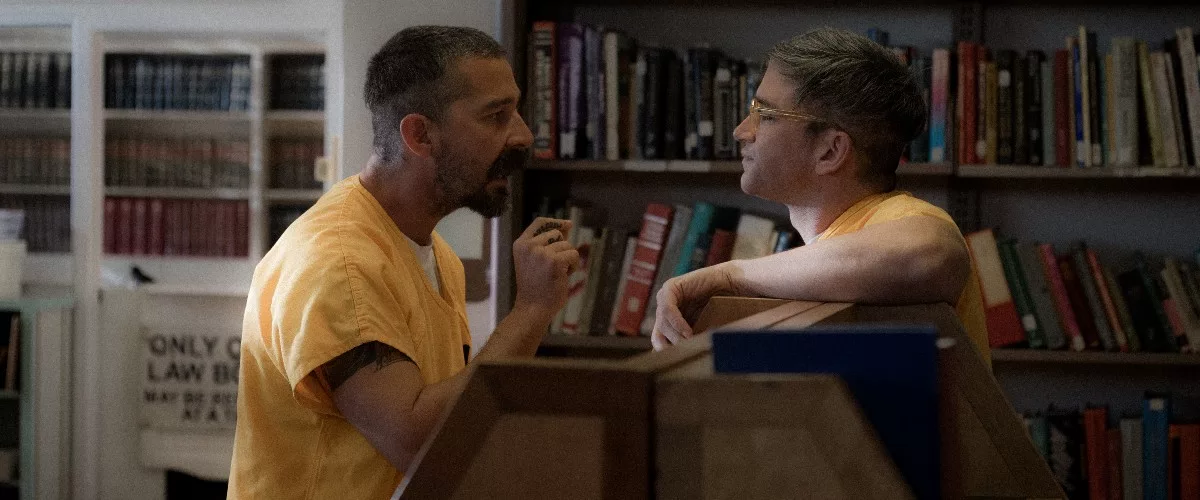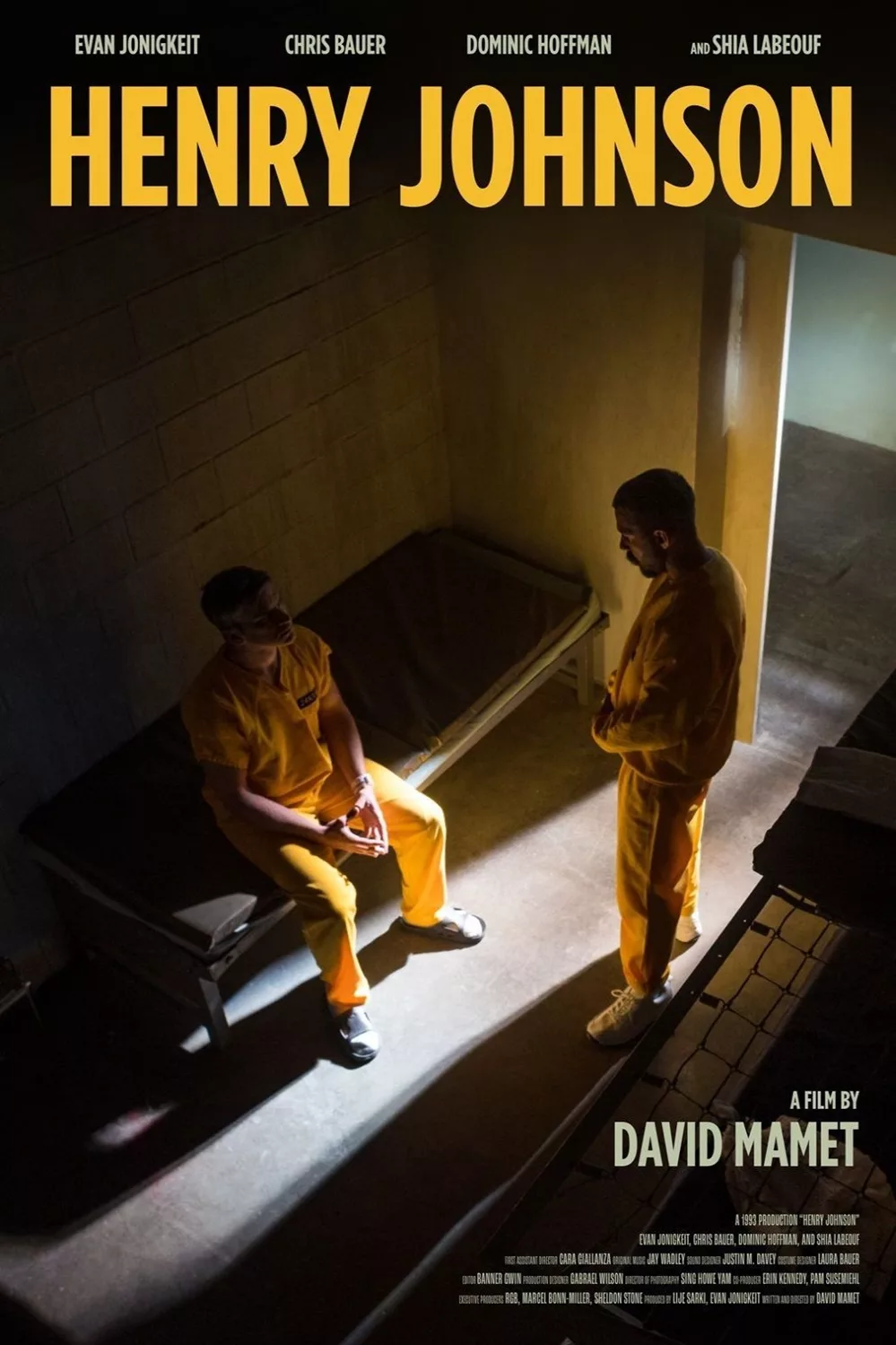If you’re someone who follows the personal ups and downs, possible crimes, and political quirks of artists first and foremost, a film written and directed by David Mamet and starring Shia LaBeouf is likely going to set off some red flags.
One supposes that Mamet’s 2008 essay announcing that he was a “brain dead liberal” no longer was engineered to send his left-leaning fans to the fainting couch; from where I sat, the more apt reaction (especially considering that in the essay he pronounced the tedious, prolix Thomas Sowell “our greatest contemporary philosopher”) was an eyeroll and a shrug. It was also irrelevant from the perspective of the work, which remained bracing at its best. A recent essay in The New Republic argues, not unpersuasively, that maybe Mamet’s plays weren’t on the side of the supposed angels in the first place.
More immediately problematic, or “problematic,” is the case of LaBeouf, a former tyro and/or enfant terrible who now has a long trail of actionable conduct and abuse allegations behind him. And if we decide to separate the artist’s behavior on the screen and stage from the artist’s work, the news is still bad: LaBeouf comes to this film with a couple of noteworthy (in the sense of being not-good-at-all) performances. Director Abel Ferrara allowed him to improvise his dialogue in their unconventional, to say the least, biopic of Padre Pio; the result was a nearly unmitigated disaster. One senses that Francis Ford Coppola did not discourage him from turning things up to eleven for his work in the everything-louder-than-everything-else “Megalopolis.”
But David Mamet is David Mamet, especially when he’s both writing and directing. David Mamet has a very specific way he likes his words to be spoken, and he makes that crystal clear to his actors. The purest versions of his mode are in the early films “House of Games” and “Homicide”; actor Joe Mantegna, with whom Mamet worked in their early days of Chicago theater, is the exemplary practitioner of the Mamet way. Over the years, after working with master actors from other traditions like Gene Hackman (In the rather splendid 2001 “Heist”), Mamet could be said to have loosened up.
The first half hour or so of Mamet’s new film, “Henry Johnson,” adapted from a recent theatrical work, is the playwright undistilled. Evan Jongkeit, a fine actor who’s incidentally Mamet’s son-in-law (he’s married to actress Zosia Mamet), plays the title role. When we meet him, he’s a besuited, buttoned-up lawyer called in to confer with his boss, Mr. Barnes (Chris Bauer). The conversation seems at first to be about abortion, and one might be bracing for a form of polemic to emerge, but it doesn’t. The topic is actually why Henry is invested in securing top-flight legal representation for a certain party, but the punchline, after reams of crips, elliptical Mamet dialogue, is what lands Henry in a prison cell.
That’s where he meets cellmate Gene, played by LaBeouf. Gene is a philosophical type who likes to speak in parables—he almost immediately spins out one deconstructing the fairy tale “Snow White”—and pronouncements. “All the human race has something between their legs that can be taken,” he tells Henry. At this point, if I were Henry, I’d be banging the bars and yelling for a guard to fine me another cell, but that’s just me. As for LaBeouf, his performance is superb: nuanced, aware, drummed down. Mamet’s strong hand takes him to new heights.
The action is restricted to three scenes, and the final one takes place outside the cell but still in the prison, and a hostage situation, and a prison guard, played with exemplary resourcefulness by Dominic Hoffman, who tells Henry, “We gotta make a choice. Because what is the alternative?” Mamet’s stark existentialism comes to a shudder-inducing yet mordantly satisfying head in this expertly rendered picture. The text might not be vintage Mamet, but it’s a real meal.




















